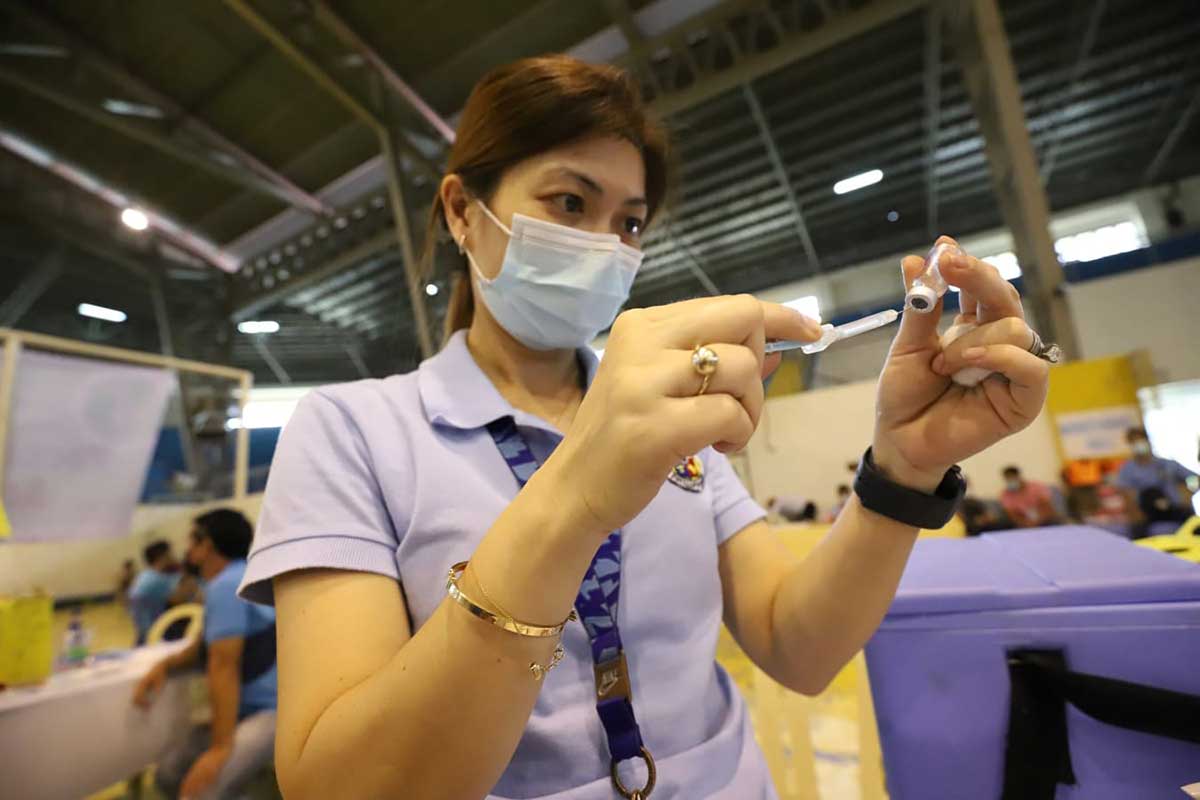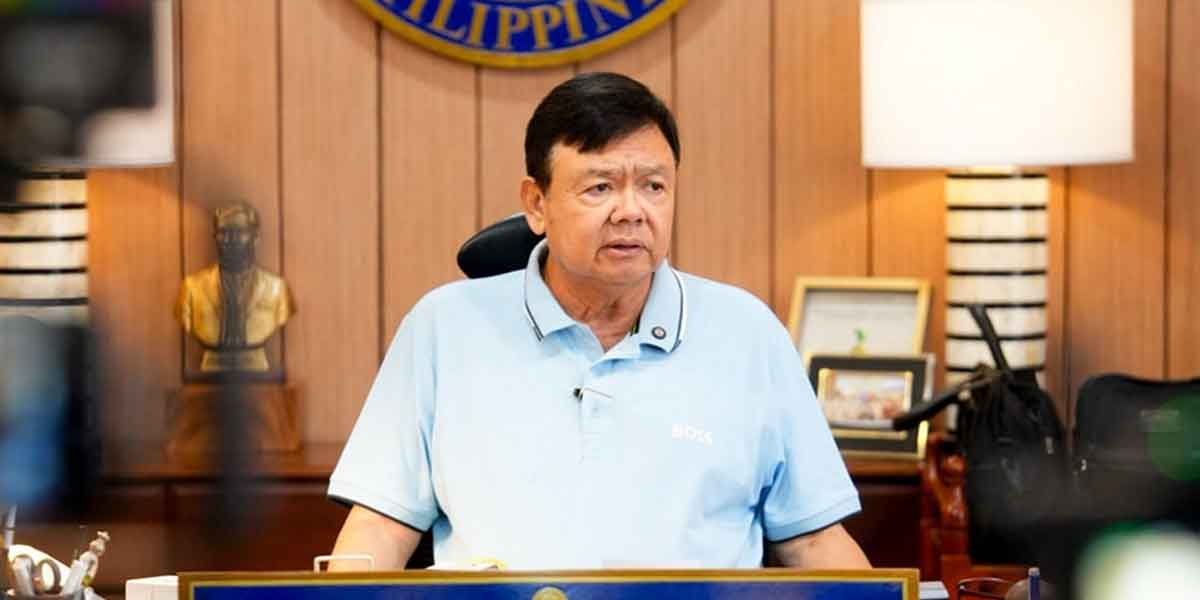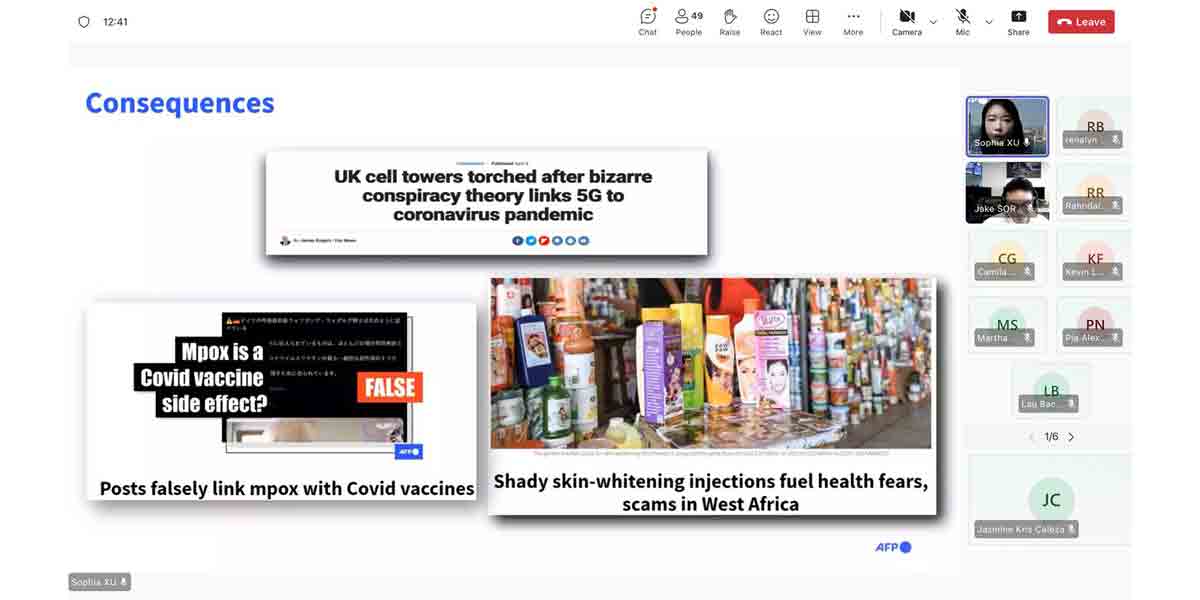
By Francis Allan L. Angelo
More than 20 million doses of coronavirus disease 2019 (COVID-19) vaccines that the Philippine government acquired will expire by July if left unused.
This was the warning of Presidential Adviser for Entrepreneurship Jose Concepcion III in an emailed statement over the weekend.
Concepcion said the Philippines received 237 million vaccine doses (either purchased or donated), but only 140.7 million have been administered, with 27 million doses expiring in July 2022.
“Let’s not allow 27 million doses of COVID-19 vaccine to go to waste. Time is of the essence. This is why I am calling it out now while there is still time before these vaccines expire,” he added.
The Department of Finance in January 2022 said the country has secured $800 million or P40 billion worth of loan financing to finance COVID-19 booster shots.
The Department of Health (DOH) reported that as of March 30, 2022, the country has administered 142.236 million doses of COVID vaccines including 64.3 million for the first doses, 65.8 million for the complete doses, and 12.018 million for the booster doses.
In Western Visayas, 7,311,536 doses have been administered (3.9 million first doses, 2.7 million complete doses, and 623,181 booster doses)
Concepcion said the low booster uptake in the country is one factor for the slow administration of the vaccines even as he proposed that a “fully vaccinated” be redefined as persons who have received their booster or third dose.
“If we don’t use these vaccines, we will have wasted the Filipino taxpayers’ money. It’s money the Philippines can’t afford to waste. Both [the] government and the private sector bought these vaccines for our citizens,” he said.
Concepcion also pushed for mandatory booster cards by June 2022 to encourage Filipinos to get their third shots.
“By the second half of the year, the majority of the population will have waning immunity. If cases rise, we will lock down again. And if the conflict in Ukraine drags on, we will lock down in the midst of rising commodity prices and logjams in the supply chain. Unless we finish all the vaccines in stock and booster everybody that needs it, we risk going back to square one by year end,” he added.
Concepcion pointed out that the purchase of millions of COVID-19 vaccines raised the country’s debt stock from P9 trillion pre-pandemic to P12 trillion as of February 2022.
“We in the private sector bought our own supplies through the ‘A Dose of Hope’ tripartite agreement, and we shared these with the government because we know that vaccines are the solution to battling this pandemic. We wouldn’t have managed to keep our hospitalization rates low and open up the economy without the vaccines,” Concepcion said.
Concepcion also noted that the country is enjoying low average daily attack rates, or the seven-day average number of cases per 100,000. But he warned of a double-whammy if Filipinos let down their guard.
“We need to push a little, and we need to do the groundwork now. People have become complacent and no longer feel that they need to booster. What they do not see is that the real danger is in the second half of the year,” he added.
Earlier, the provincial government of Negros Occidental is racing against time in disposing more than 200,000 doses of assorted brands of COVID-19 vaccine that will expire by end of April 2022.
Dr. Claudelia Josefa Pabillo, officer in charge of provincial government cold storage facility, said the near expiry vaccines include Janssen (140,539 doses), Astra Zeneca (38,900 doses), and Moderna (4,890 doses).





















